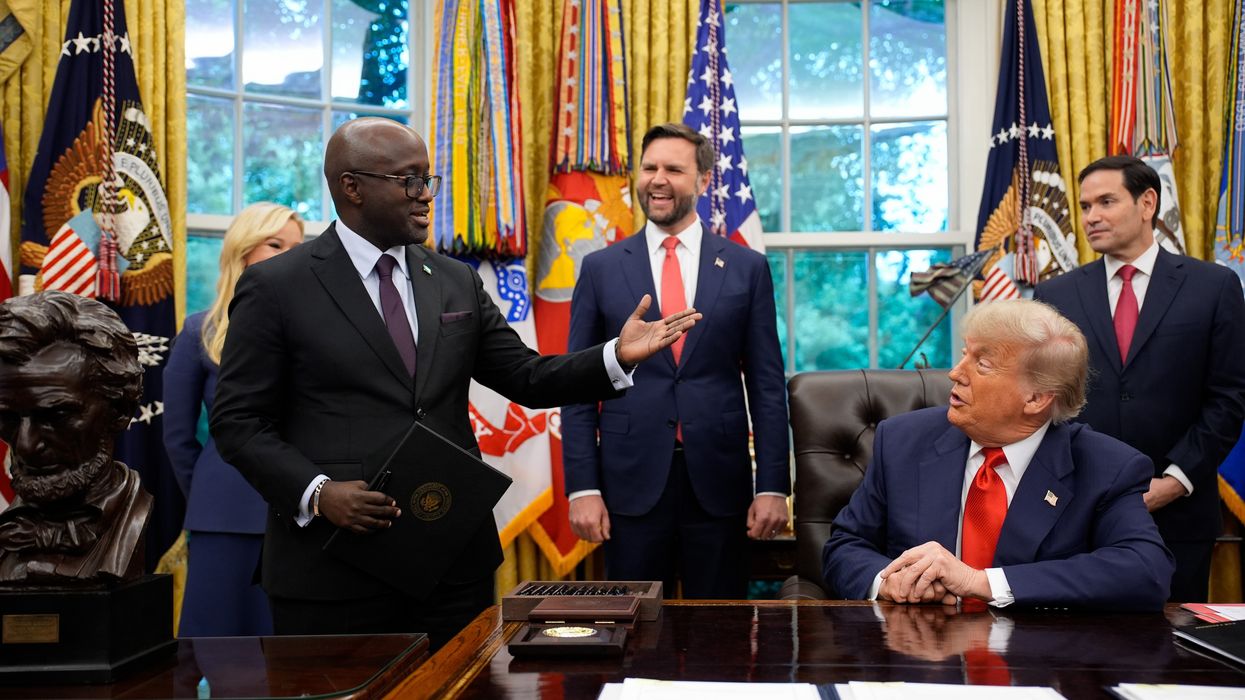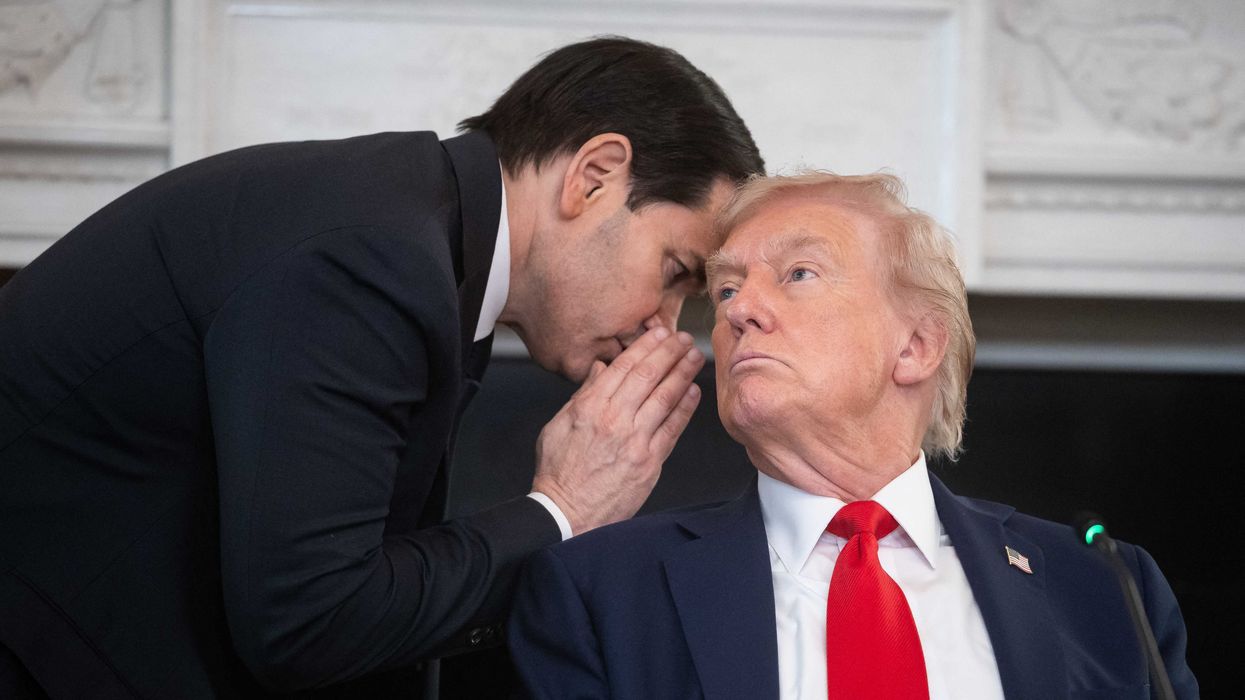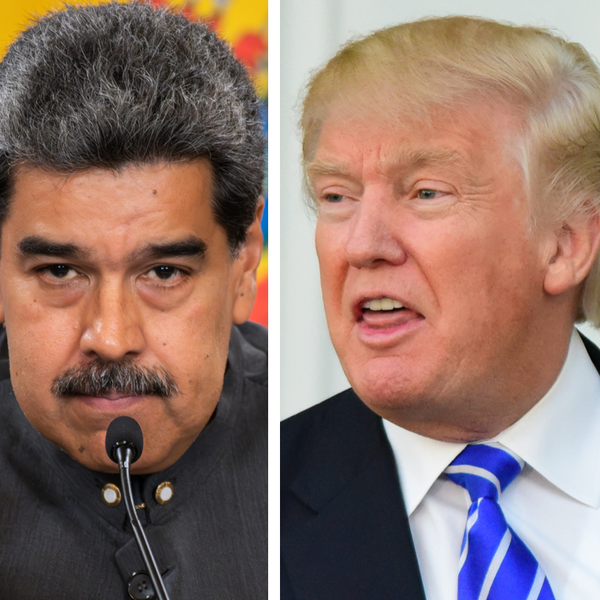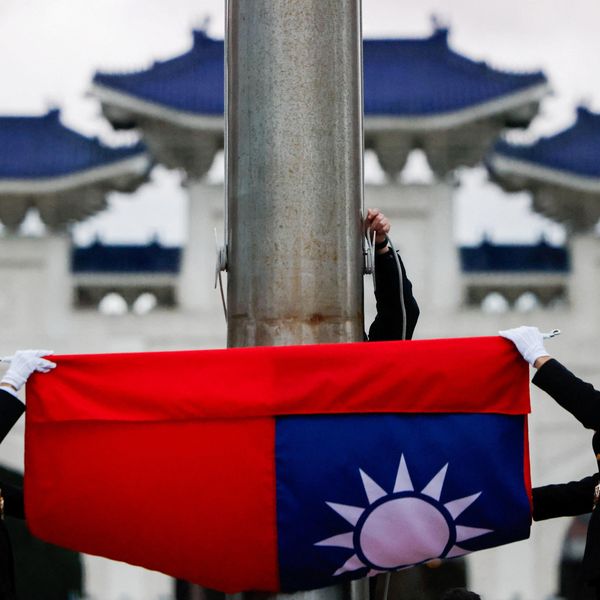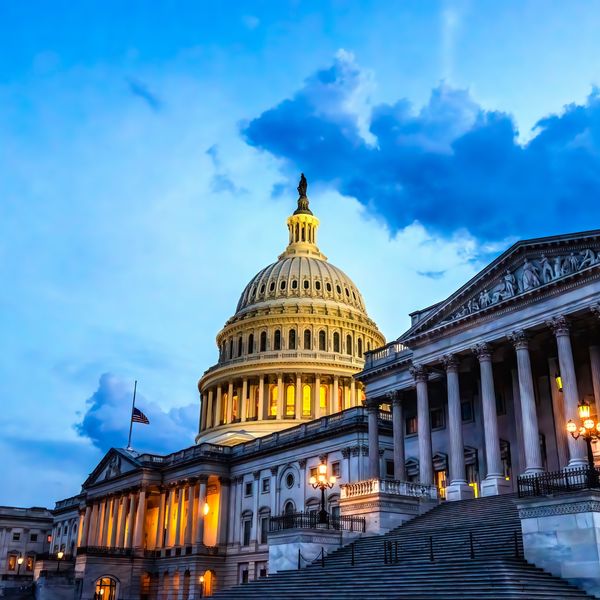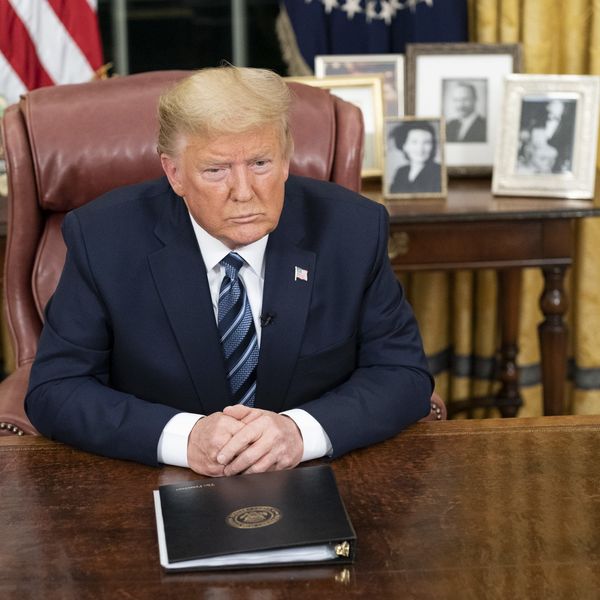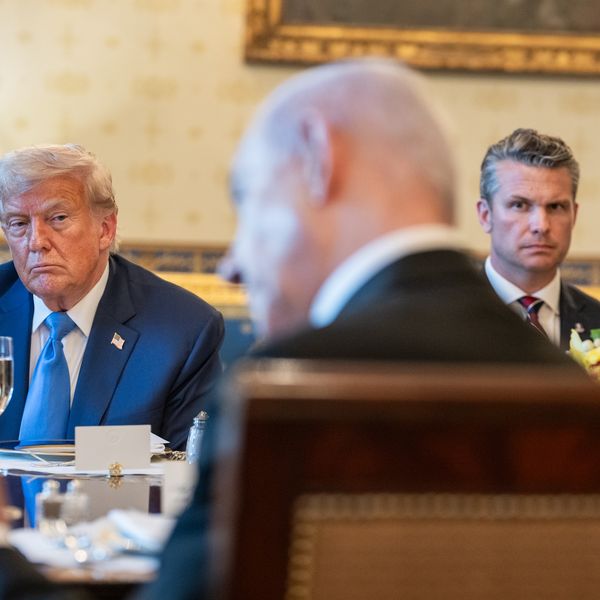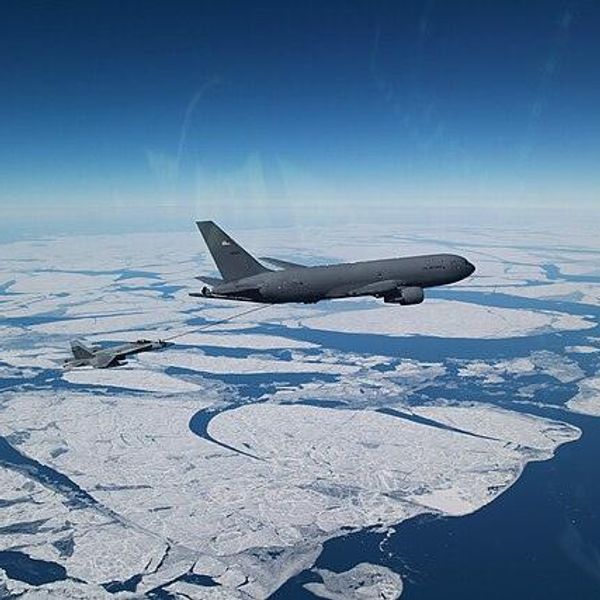Reports that India is buying greater volumes of Russian oil at a discount and further exploring a deal with Russia for a ruble-rupee trade mechanism are just more indications of New Delhi’s divergence from the United States when it comes to relations with Moscow. But Washington should tread carefully on trying to coerce major Asian and other powers to toe its line on the Ukraine crisis, especially through secondary sanctions.
A rupee-ruble arrangement, if signed, would technically be outside the purview of the harsh U.S. sanctions regime against Russia. Though the amount of Russian oil involved so far is a small fraction of net Indian petroleum imports, it is more the principle and symbolism of the deal that already makes it significant. India has consistently tilted towards Russia during the Ukraine crisis and is unlikely to walk away from its long-standing strategic partner in Eurasia due to a number of factors. This puts the ball squarely in Washington’s court on the U.S.-India relationship.
Before Russia’s illegal invasion of Ukraine began, India was already staring at U.S. sanctions under the CAATSA law for its purchase in 2021 of the S-400 air defense system from Russia, a move that a 2021 Quincy Institute Brief advised against. The Biden Administration had held back from imposing those sanctions, mindful of India’s crucial role in Washington’s attempts to form a China-containment coalition. India is now more overtly telling Washington that its close security alignment with the United States is limited to China— and nothing prevents it from pursuing a different path on other critical geopolitical issues. The United States has thus far only obliquely criticized India for its stance on Russia. But if it does impose CAATSA sanctions on India in the coming weeks, there will likely be a strongly negative reaction in New Delhi.
If Washington finds itself in a fix over how to deal with India, it only has itself to blame. Every state operates from the perspective, first and foremost, of its own interests. To expect major regional powers to align with U.S. preferences on all its geopolitical rivals comes from an unsustainable primacist playbook. Further, imposing sweeping secondary sanctions or even threatening to do so could well backfire by alienating such powers and potentially even triggering a coordinated pushback.
A good example is Turkey, a NATO member, which the United States sanctioned in 2020 over its own S-400 acquisition from Russia. Turkey was not only unfazed by these sanctions, but they only boosted its determination to expand Ankara’s own domestic defense industry. Turkey’s defense exports, including drones and other defense equipment, have only accelerated since the sanctions were levied.
When India came under massive pressure in the past from Washington on reducing, then cutting off, oil imports from Iran, it worked out a rupee-rial mechanism for avoiding the sanctions. Ultimately though, India complied with the Trump Administration’s “maximum pressure” campaign to zero out its oil imports from Iran. Such a pattern of initial resistance and then eventual alignment is much harder for India to pull off this time, with the deep interdependence with Russia for its core defense capabilities and in managing the China threat on its northern border.
It would be far better if any sanctions the United States imposes on its rivals are rolled out after prior consultation with not just its European allies, but also partners in Asia and elsewhere. In general, secondary sanctions should be treated with a high degree of caution. They are a double-edged sword that can eventually come back to bite Washington if used crudely and repeatedly against important middle powers and swing states.


